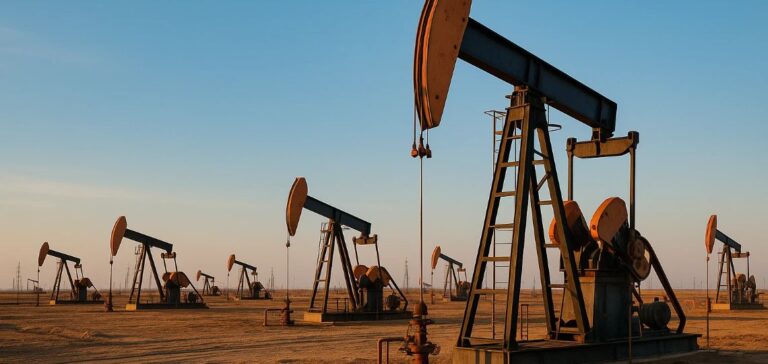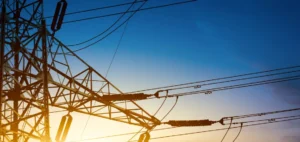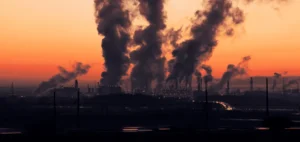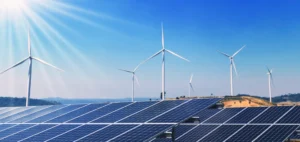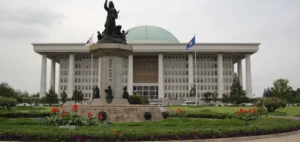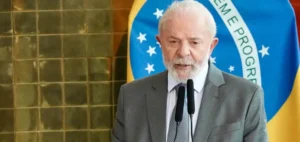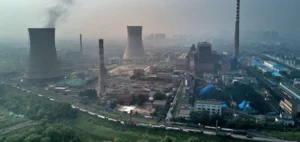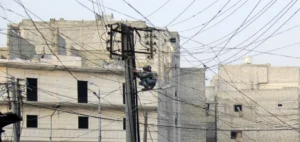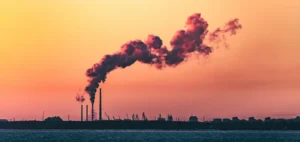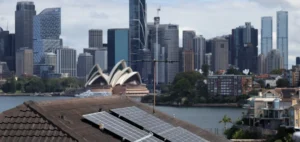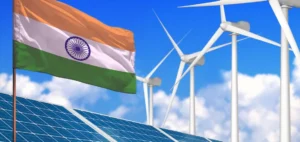A report published by British research firm Wood Mackenzie outlines three tariff policy scenarios with significant consequences for global energy markets. Titled Trading cases: Tariff scenarios for taxing times, the study models the potential impacts of a trade truce, prolonged tensions or a full trade war, each producing different effects on economic growth, industrial output and the energy and natural resources sectors through 2030.
Oil demand at risk from trade uncertainty
In the truce scenario, global oil demand could reach 108 million barrels per day by 2030, with Brent crude averaging $74. In the event of a trade war, demand would start to decline from 2026, and Brent could fall to $50. This drop in consumption would affect gross refining margins, bringing them down to near break-even levels and prompting the closure of less competitive sites, particularly in Europe.
Pressure on natural gas and LNG markets
The report suggests that the liquefied natural gas (LNG) market could face an exacerbated oversupply due to falling Chinese demand under a trade war scenario. A trade truce would lead to a gradual decrease in prices from $11.2/mmbtu in 2024 to $7.2/mmbtu by 2030. In the tensions scenario, buyers would reroute US LNG cargoes to alternative markets, reorganising global flows. Despite the uncertainty, further investment in US LNG terminals remains possible, supported by trade rebalancing policies.
Electric power sector faces strategic volatility
Rising costs and falling energy demand are weighing on projects tied to electricity consumption, such as data centres and reshoring initiatives. Global supply chains—especially in battery storage—remain exposed to tariff fluctuations and China’s production dominance. This could widen the competitiveness gap between the United States and other regions with better access to low-cost generation technologies.
Strategic metals under global strain
The trade war scenario would contract industrial metal demand by 2026, with aluminium down by 4 Mt and copper by 1.2 Mt. A slowdown in Chinese manufacturing could trigger a wave of surplus metal on international markets. Even under a truce scenario, supply challenges persist for materials critical to the energy industry, impacting long-term infrastructure investment plans.
According to Gavin Thompson, vice chairman of energy at Wood Mackenzie, “weaker economic growth will reduce demand, prices and investment, while higher tariffs will raise costs across all energy segments”. The report recommends that energy firms strengthen scenario planning capabilities to navigate the commercial uncertainty ahead.


